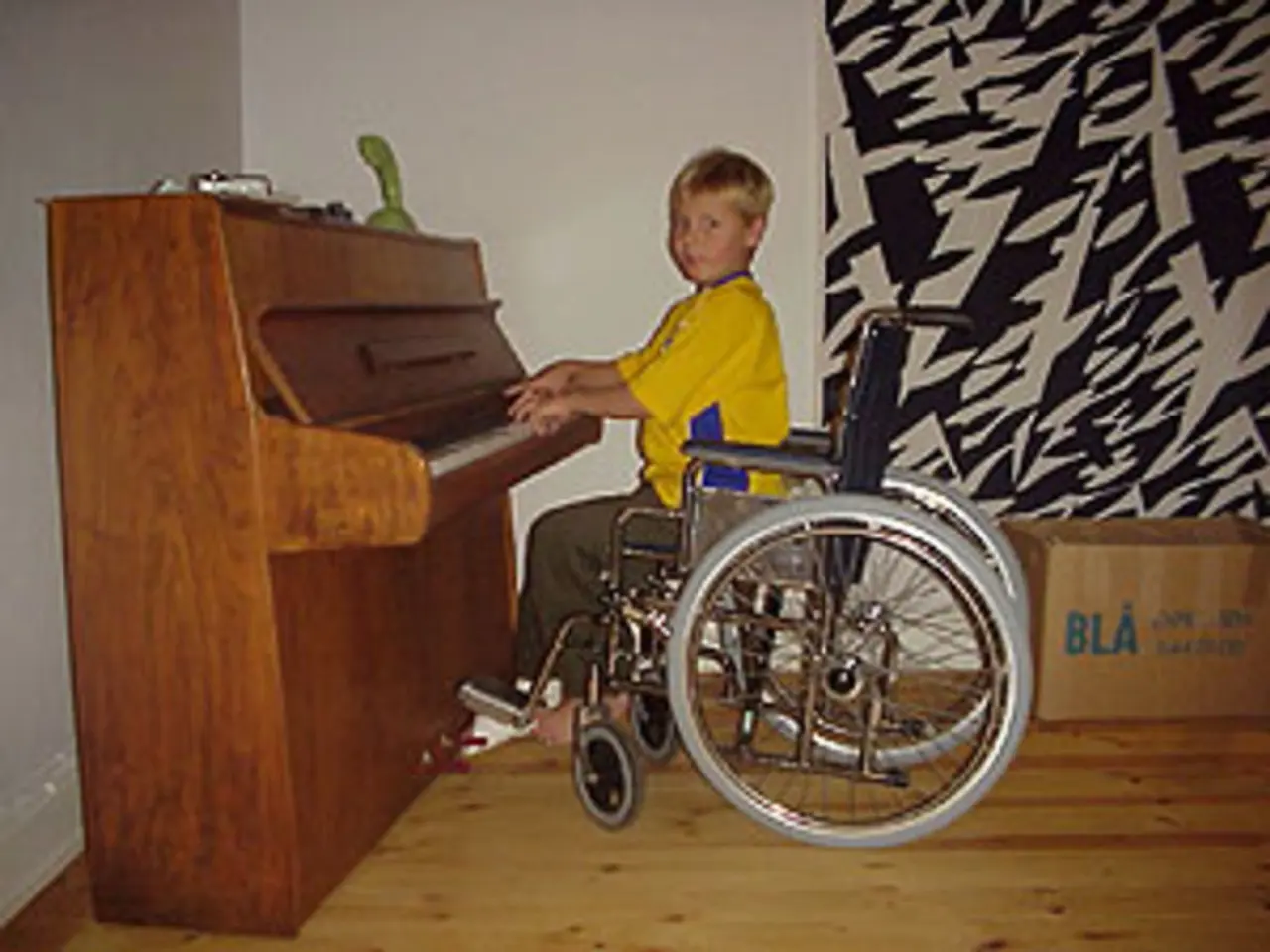Supporting and Empowering Individuals with Autism: A Call for Understanding and Assistance
In Kazakhstan, while detailed public information about national or local initiatives specifically targeting the employment of adults with Autism Spectrum Disorder (ASD) is limited, there are indications of local efforts focusing on support for people with autism.
These initiatives, present in cities like Petropavlsk, Pavlodar, Shymkent, Aktau, Almaty, and Kyzylorda, aim to help people with autism develop fine motor skills and other capabilities relevant for inclusion and employment.
Globally, strategies for neurodiversity employment typically include inclusive hiring practices, tailored onboarding, workplace adjustments, flexible environment setups, and awareness trainings to foster psychological safety and leverage autistic individuals’ strengths like pattern recognition and attention to detail. Kazakhstan may increasingly align with these trends.
Occupational therapy is a prominent intervention for people with autism aimed at improving communication, motor skills, self-care, and social interaction—skills important for employability. Such therapy models emphasize personalized programs and involvement of caregivers and educators, which may inform employment readiness supports relevant in Kazakhstan.
Public health and disability frameworks in Kazakhstan might also intersect with broader mental health and behavioral health strategies informed by international standards like WHO’s ICD-11, although direct links to specific employment schemes for adults with ASD remain unspecified in the current data.
One notable local initiative is the "Autism. One World for All" program implemented by the Bulat Utemuratov Foundation since 2015. The program focuses on supporting children with ASD, with 13 specialized centers now operating in 12 cities across Kazakhstan, staffed with qualified specialists.
The first "Asyl Miras" center was established in 2015, marking the beginning of the foundation's large-scale and systematic work in supporting children with ASD. The center provides comprehensive diagnosis of ASD and has received over 25,000 inquiries, confirming the diagnosis in about 20,000 cases.
Socialization is a key aspect of the "Asyl Miras" center's work, teaching children simple household activities and proper public behavior. The center's approach is unique in its game-based format and individual work, with one teacher working with a child for three months to master a specific skill, with the child's parent always present to learn the approach and continue the practice at home.
The Bulat Utemuratov Foundation has also sent defectologists, speech therapists, and psychologists for training in countries that use the best global practices. This training has allowed the foundation to adapt international practices to Kazakhstani realities and develop its own methods.
While no comprehensive national employment strategy for adults with ASD in Kazakhstan is clearly documented in available current sources, the Bulat Utemuratov Foundation's work and the global best practices applied elsewhere offer a strategic framework likely informing Kazakhstan’s evolving approach. For more precise or updated information about Kazakhstan's governmental or NGO-led programs specifically for ASD adult employment, checking Kazakhstan’s Ministry of Labor and Social Protection or autism-specific NGOs could provide further details.
The Bulat Utemuratov Foundation's local initiative, "Autism. One World for All," showcases a commitment to mental health and health-and-wellness, as it focuses on supporting children with Autism Spectrum Disorder (ASD). This program, present in various cities across Kazakhstan, aims to enhance a range of skills, including motor skills and social interaction, which are vital for both personal development and employability in the field of science and beyond.




